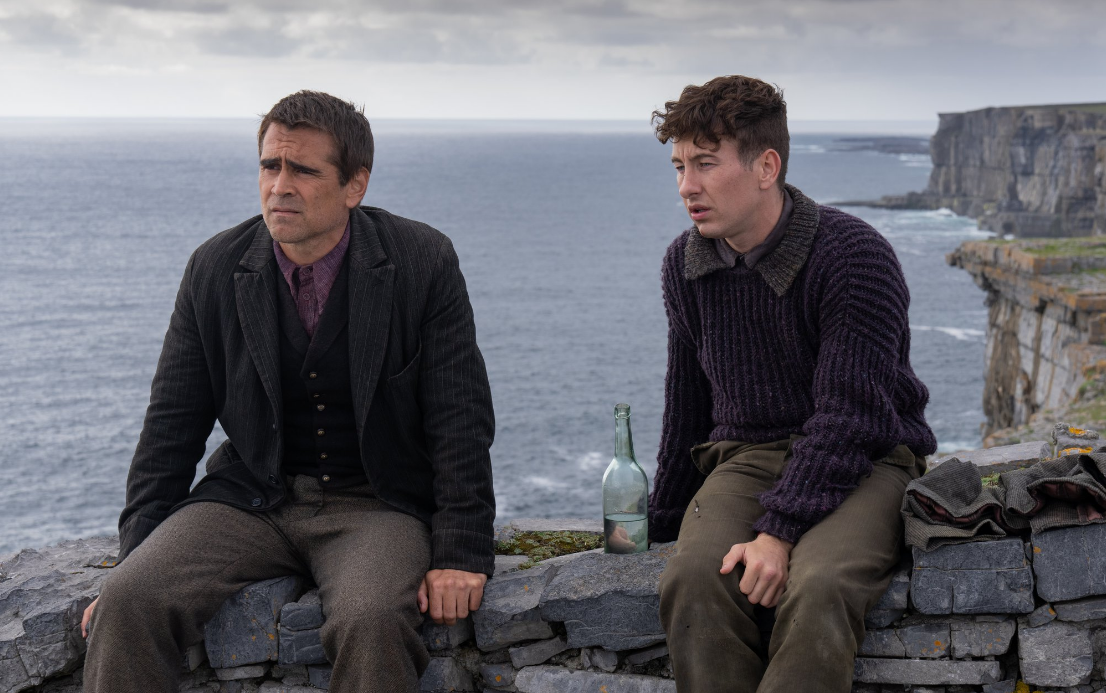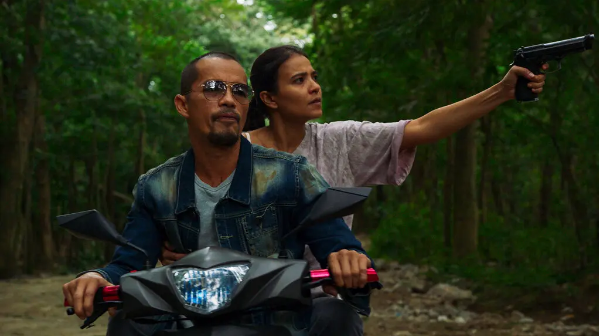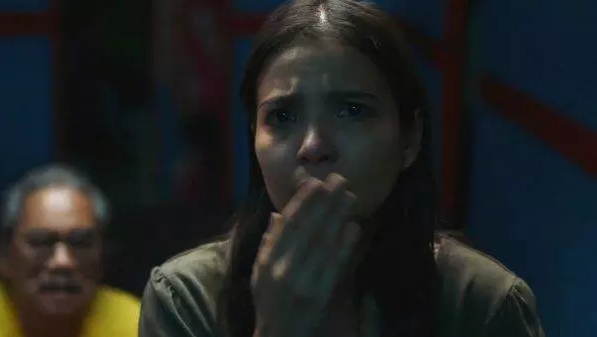GORDON LIGHTFOOT: IF YOU COULD READ MY MIND
(Joan Tosoni and Martha Kehoe, 2020, Canada, naturally, 90 minutes)
If You Could Read My Mind, a production of the Canadian Broadcast Corporation, doubles as a documentary about both Gordon Lightfoot and the Canadian music scene that produced him.
The Lightfoot of today, with his rail-thin frame and long, lanky hair, doesn't look much like the robust, tousle-haired singer-songwriter who first came to fame in the 1960s. His mind is sharp, though, and he recalls his life's highlights and lowlights with clarity and humor in Joan Tosoni and Martha Kehoe's profile.
Lightfoot started out as a choir boy and barbershop quartet singer in the waterfront town of Orellia, Ontario before studying jazz composition in Los Angeles. Back home in Canada, he formed the Two-Tones, an Everly Brothers-style duo, but he wrote the songs, and tired of sharing the credit.
As a solo artist on Toronto's coffee house circuit, he impressed fellow folk artists, like Ian & Sylvia (Ian and Sylvia Tyson), who covered the title track and "(That's What You Get) for Lovin' Me" on 1965's Early Morning Rain.
Lightfoot also befriended Joni Mitchell, a Yorkville neighbor, who let him crash at her apartment when she would go on tour (Martin Scorsese includes footage of Lightfoot, Mitchell, and other musical luminaries jamming at her pad in his 2019 quasi-doc Rolling Thunder Revue: A Bob Dylan Story).
To his biographer, Canadian journalist Nicholas Jennings, Lightfoot's million-dollar record deal with Warner Brothers represented a breakthrough for Canadian artists, but the resulting album, 1970's Sit Down Young Stranger, attracted little attention outside of Canada until a Seattle disc jockey made a regional hit out of "If You Could Read My Mind." The label took notice. Though Lightfoot wasn't happy about it, they changed the album title to reflect the song, and the sales rolled in.As with "Early Morning Rain," several high-profile artists covered it, from Barbra Streisand to Johnny Cash. Lightfoot shares the stories behind others, like "The Wreck of the Edmund Fitzgerald," which drew from a real-life tragedy, and "That's What You Get," which drew from personal experience. Though it caught the attention of the country music establishment, Lightfoot believes it was disrespectful towards his first wife (he has remarried twice since then). "I didn't know what chauvinism was," he acknowledges.
To musicians like Geddy Lee of Rush, Lightfoot proved that Canada had more to offer the world than lumberjacks and hockey players. "We're capable of sensitivity and poetry." Randy Bachman of Bachman Turner Overdrive, meanwhile, praises his "smooth, honey kind of--velvet kind of voice."
While Mitchell and Neil Young would decamp to California, Lightfoot resisted the urge to follow that migratory path, helping to open the door for other Canadian vocalists, like Diana Krall and Sarah McLachlan, to reach a wider audience in subsequent decades.
Tosoni and Kehoe, who first met Lightfoot in the 1990s, also touch on his friendship with Dylan, his struggles with alcohol, and his tempestuous relationship with backup singer, music-biz scenester, and John Belushi associate Cathy Smith for whom he wrote cautionary ballad "Sundown."
If You Could Read My Mind joins the ranks of recent sensitively-drawn, well-constructed music documentaries about folk-rock peers Linda Ronstadt and David Crosby, who also found ways to stay relevant and energized years after their initial burst of fame. Recommended...not least since Lightfoot was the first artist I ever saw in concert, live at the West Anchorage High School auditorium (at the time, there really wasn't another suitable venue). Few major artists traveled to Alaska in the 1970s--but Gordon Lightfoot did.
Gordon Lightfoot: If You Could Read My Mind is available to stream for free through Plex, Pluto, Tubi, and Vudu, and on DVD (but not Blu-ray) from Kino Lorber. Images from USA Today / John Reeves (Lightfoot) and Amazon / Vanguard (Ian & Sylvia), and Place des Arts (Lightfoot in 2013).


























